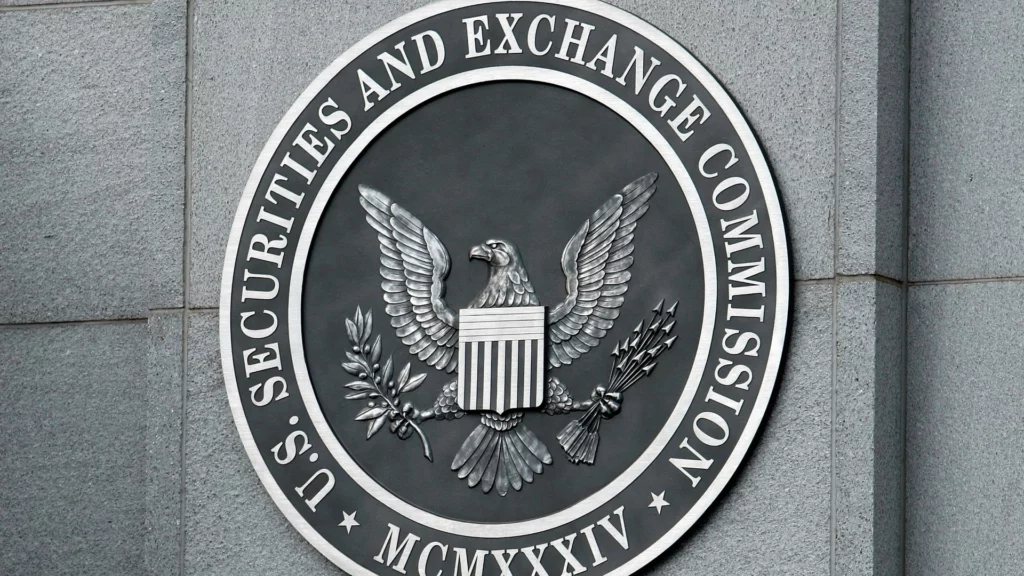The Securities and Exchange Commission is attempting to resolve a case it filed against a cryptocurrency company, which has placed the agency in the unique position of being sanctioned by a federal judge.
SEC attorneys requested in a court filing on Tuesday that Judge Robert Shelby of the Northern Division District Court of Utah dismiss the agency’s lawsuit without prejudice, allowing for a possible retrial, to avert any possible disciplinary sanctions.
The SEC lawyers argued that although the Commission acknowledges that its attorneys ought to have been more forthright with the Court, sanctions are neither appropriate nor necessary to remedy those shortcomings.
“Undermined the proceedings’ integrity”
The SEC has launched a campaign of enforcement actions against companies in the cryptocurrency industry, which Gensler has claimed operates mostly outside of compliance with U.S. securities law, under the direction of Chair Gary Gensler.
In one case the SEC brought this summer, it was claimed that a company by the name of DEBT Box had sold unregistered securities and conned investors out of almost $50 million. In order to halt DEBT Box’s operations, the SEC successfully obtained an asset seizure and temporary restraining order as part of the lawsuit. The agency lawyers claimed that DEBT Box’s defendants were deliberately attempting to obstruct SEC efforts, and the SEC lawyers filed an ex parte application, which means the firm was not notified of the action and could not oppose it in court.
However, the defendants’ further arguments cast doubt on such charges. The agency’s attorneys contended that in reaction to the SEC’s inquiry, the defendants had closed bank accounts, moved their operations abroad, and deleted certain social media profiles in order to conceal questionable activities. Defendants produced proof to the contrary of these assertions.
In response, Shelby mandated that the agency provide evidence supporting the original ex parte application, restraining order, and asset seizure in order to “show cause” for its conduct. Shelby voiced concerns in his brief that the agency’s lawyers had “undermined the integrity of the proceedings” and that the agency had made “materially false and misleading representations” in order to freeze the defendants’ millions of dollars.
“Significant harm”
Attorneys for the SEC acknowledged mistakes in the case in a document filed in late December, and they pledged to provide staff members participating in the probe the required training.
SEC enforcement chief Gurbir Grewal wrote to Shelby while the matter was pending in a Utah district court, letting her know that he recognized the implications of the agency’s conduct. He stated in the submission, “I acknowledge that the division did not meet these standards in this instance, and I apologize for that shortcoming.”
In an attempt to evade punishment, the agency claimed that the training would be adequate and that its attorneys had not participated in “bad faith conduct.” It acknowledged that the attorneys had misrepresented the case and that it lacked evidence of transfers abroad, basing its conclusion instead on a defendant’s YouTube video.
The DEBT Box defendants retaliated against the SEC’s quiet mea culpa in a later filing, claiming that the organization “knew that it lied” and destroyed “enormous damage” by hiding information. In addition to asking the judge to compel the SEC to reimburse the defendants for legal fees and other costs related to the asset freeze and temporary restraining order, they attempted to have the case dismissed with prejudice.
The demands of the defendants are not addressed in the SEC’s filing from Tuesday. Even though the agency decided to drop the investigation, it did so without prejudice, which meant it may reopen the issue later. Citing prior case law, SEC attorneys contended that dismissal with prejudice is only acceptable in situations of “willful misconduct,” which they claim did not occur in this case. Additionally, the attorneys argued against agreeing to the defendants’ demand for reimbursement.
Beyond the public filing, the SEC had no further comments, according to a spokesman for the organization.








